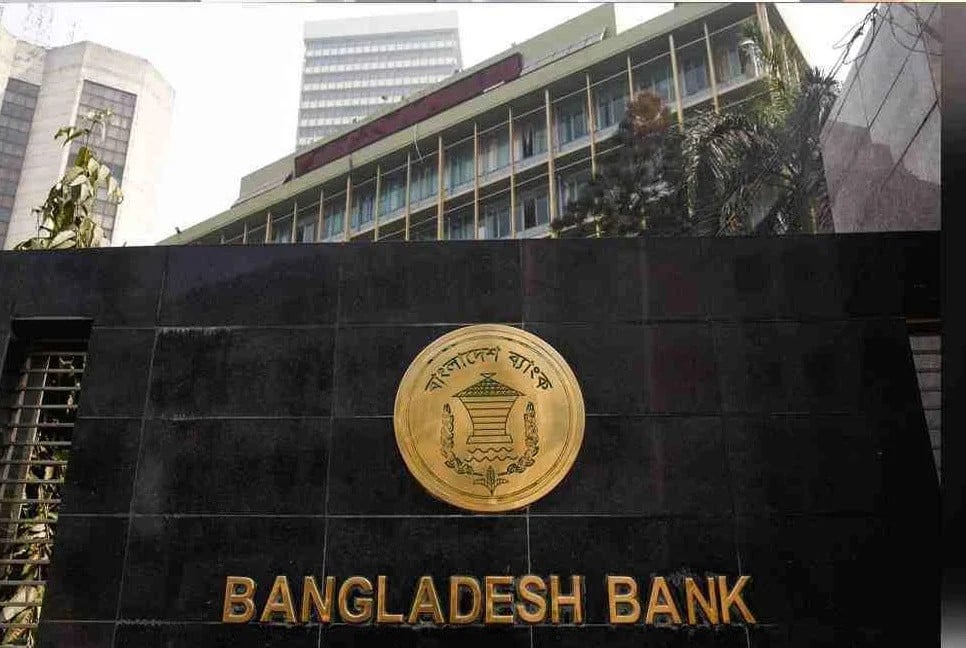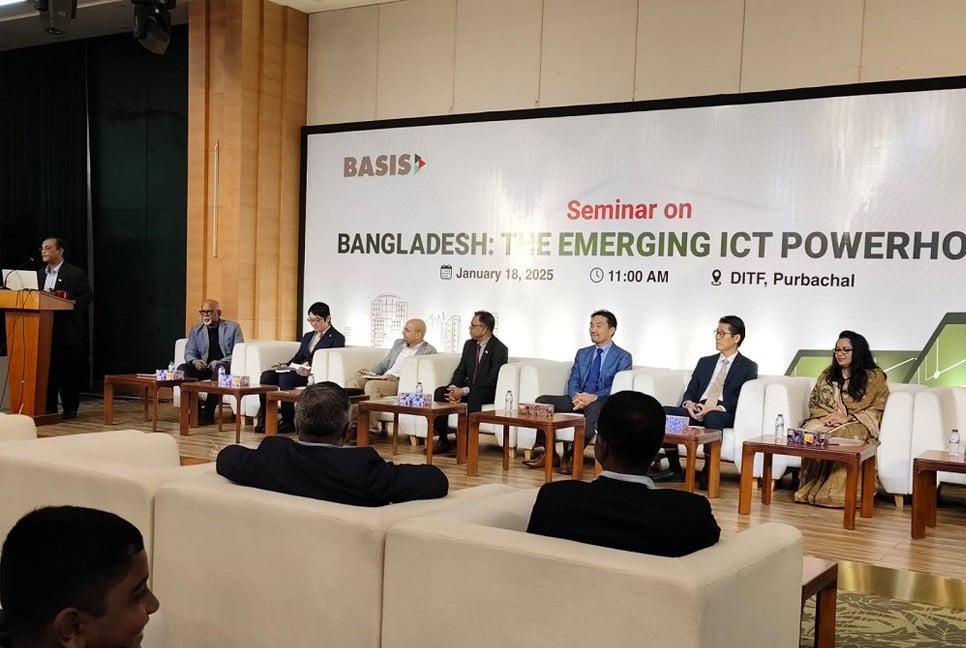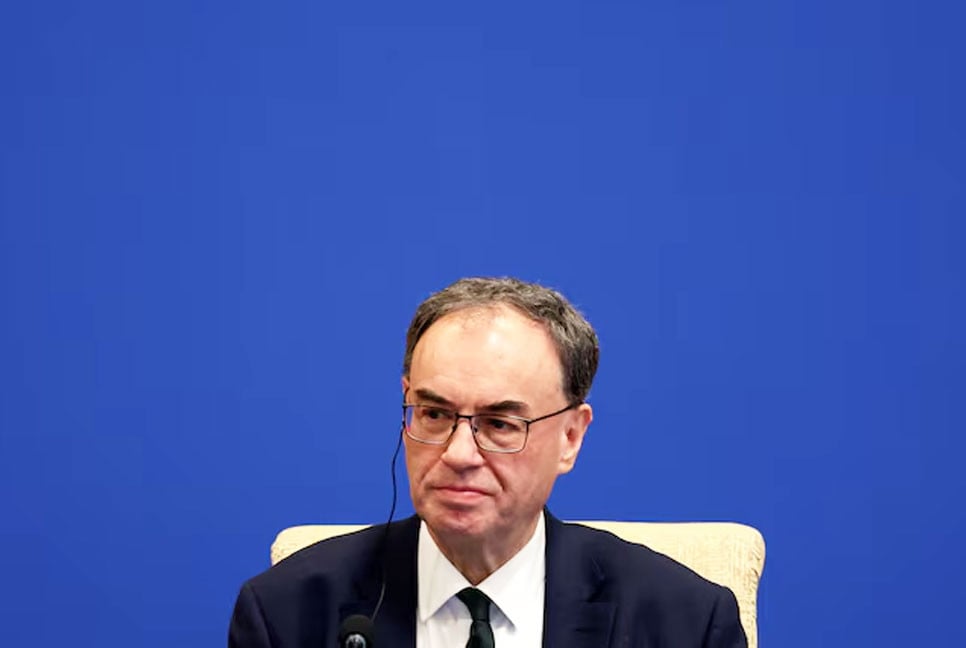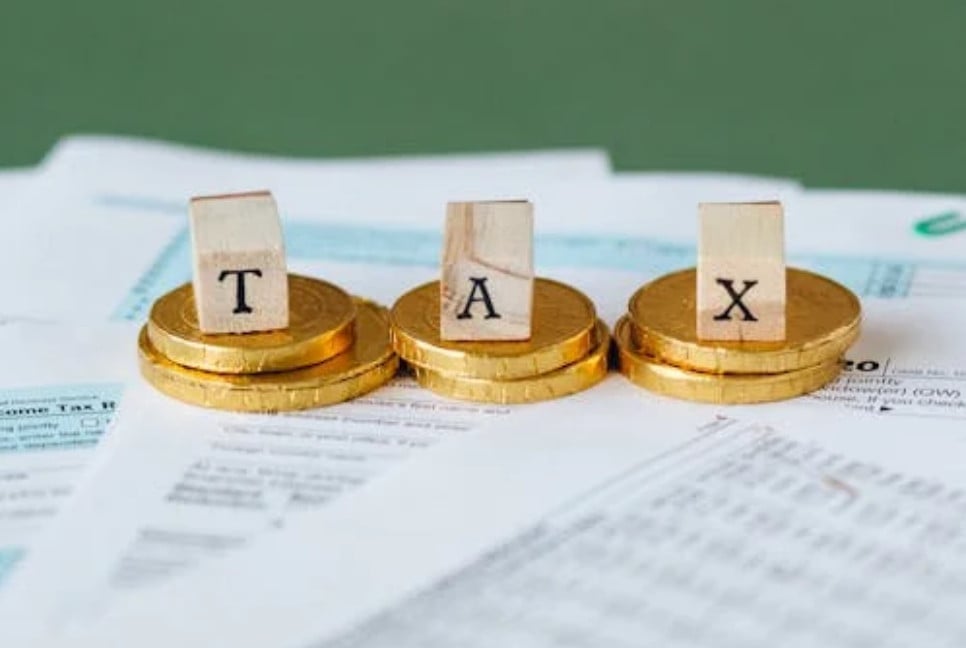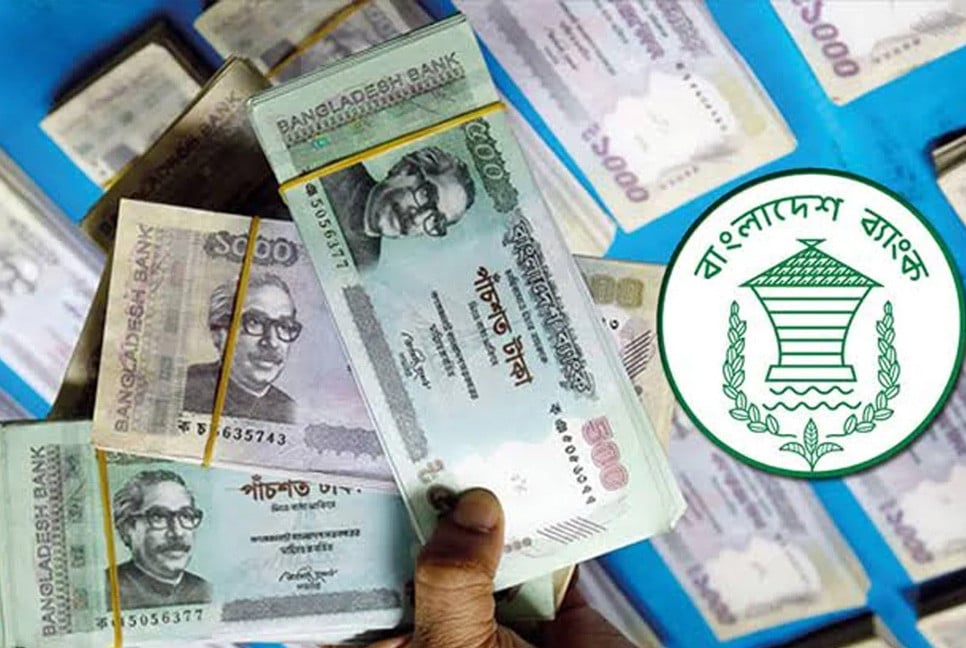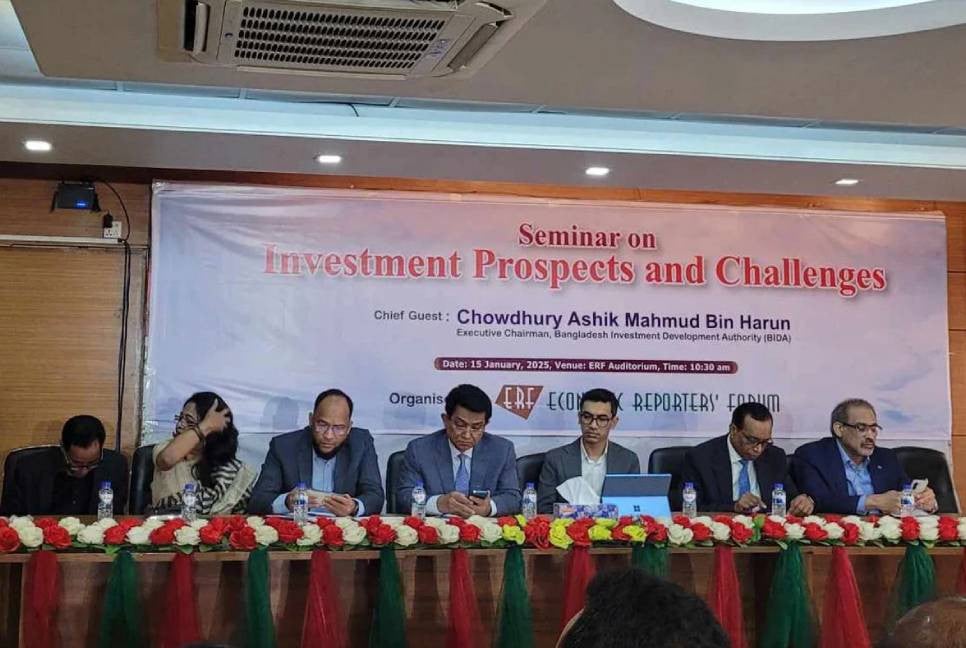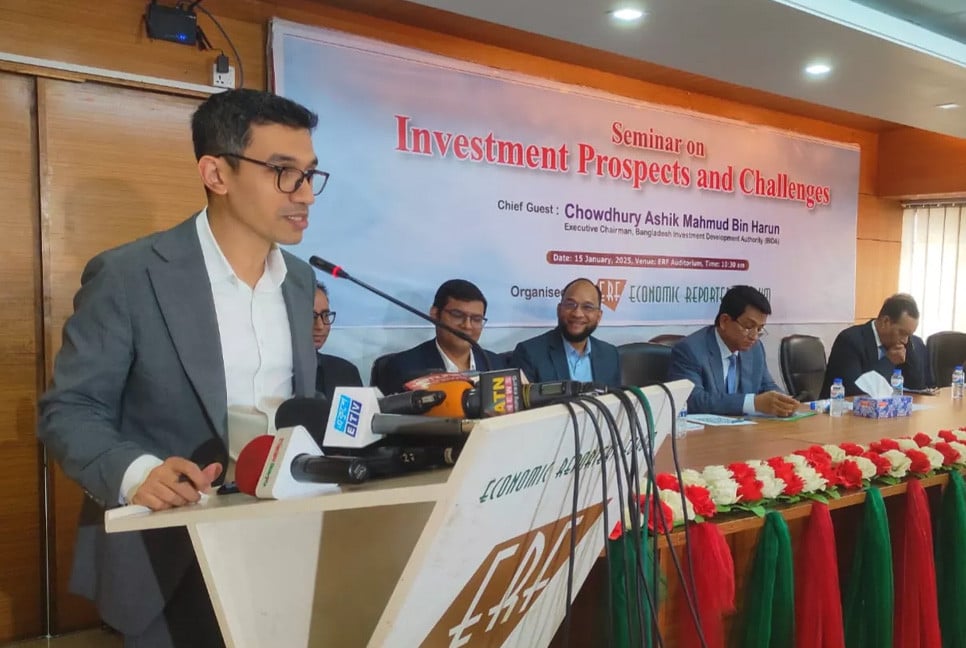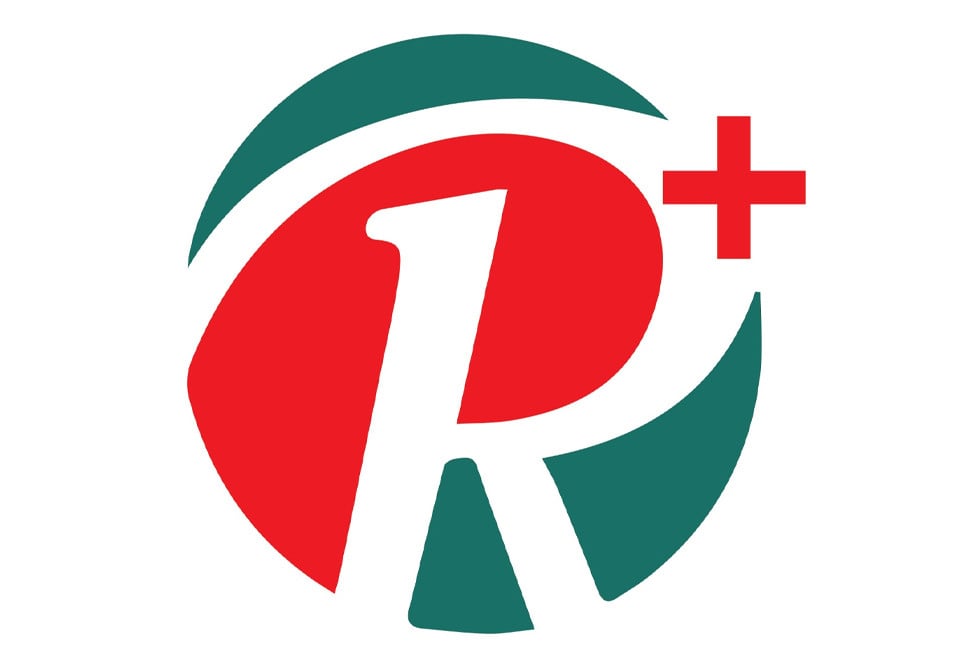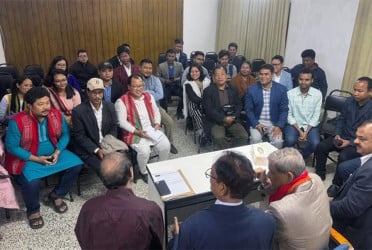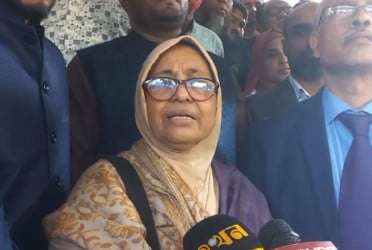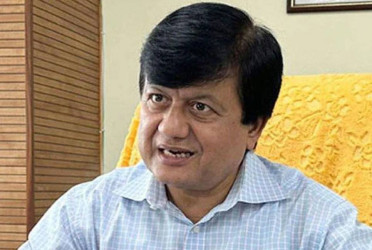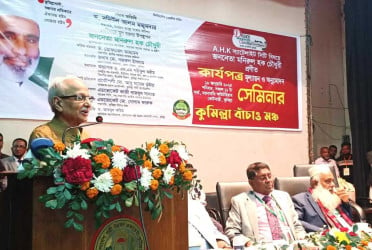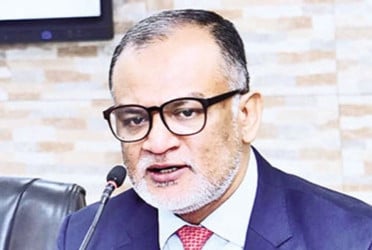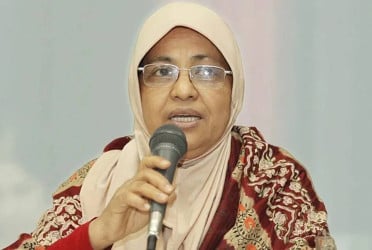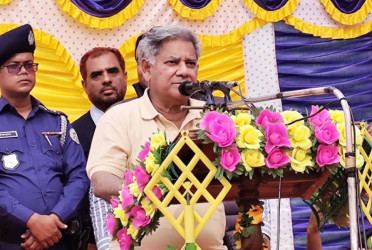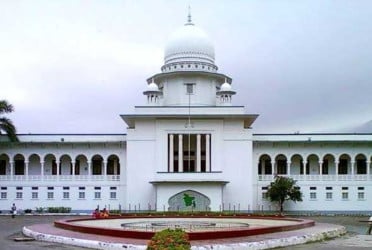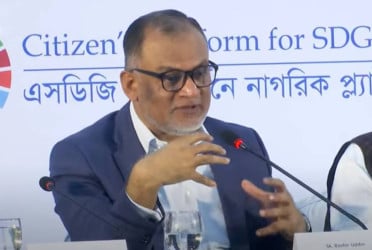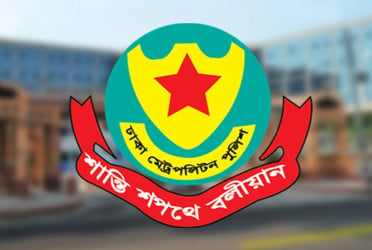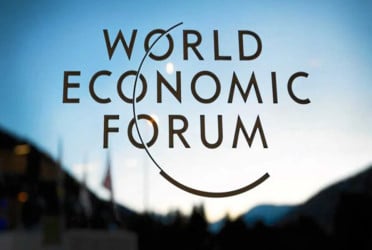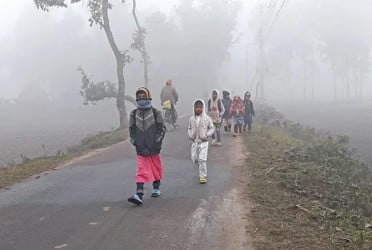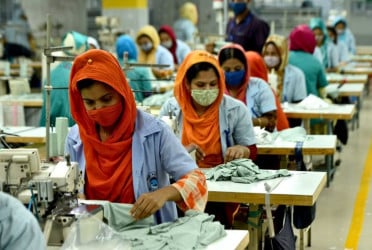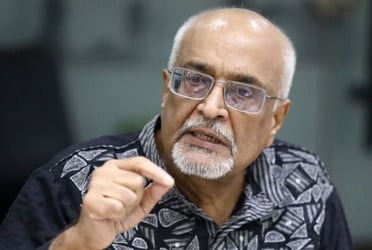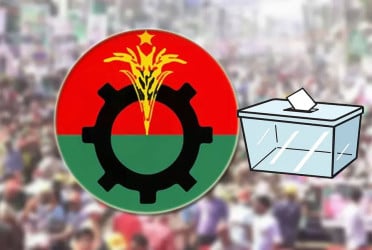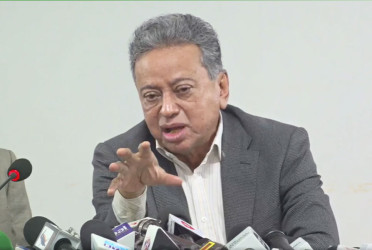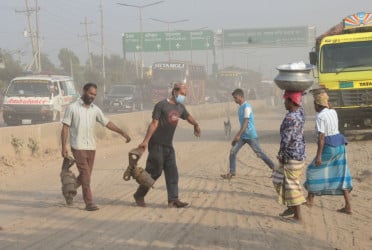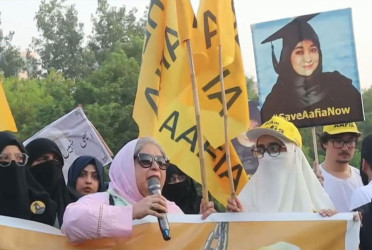Bangladesh Bank (BB) has challenged Moody’s recent downgrade of the country's sovereign credit rating, stating it fails to reflect the significant political and economic advancements since July 2024.
On November 19, Moody’s lowered Bangladesh’s sovereign rating from B1 to B2, maintaining a short-term issuer rating of "Not Prime" and shifting the outlook to negative. The agency cited rising political risks and economic challenges as reasons for the downgrade. However, BB contends the assessment overlooks critical reforms and stabilization efforts introduced by the interim government led by Nobel laureate Professor Muhammad Yunus, who assumed office in August 2024 after a student-led uprising.
Bangladesh Bank (BB) highlighted several key achievements under the current interim government, which took office in August 2024. Political and governance reforms have been a top priority, with significant changes made to public administration, the financial sector, and anti-corruption measures. These reforms have garnered widespread support across political parties and key stakeholders. Additionally, the banking sector has undergone a major overhaul, addressing mismanagement issues in 11 banks through board replacements and daily monitoring, which has led to improved liquidity and performance.
In terms of macroeconomic stability, BB pointed out that despite facing initial challenges, key external sector indicators have improved. The exchange rate has stabilized at around BDT 120 per USD, supported by strong remittance inflows and export growth. Foreign reserves have increased to USD 19 billion, while external account balances have improved. To tackle inflation, BB introduced monetary tightening by raising the policy rate and reducing taxes on essential goods. While food inflation remains high due to floods, non-food inflation has shown positive trends, indicating successful policy interventions.
Bangladesh Bank criticized Moody’s for taking a “backward-looking” approach, urging the agency to consider the broader context of ongoing reforms. The bank called for a more comprehensive review involving consultations with stakeholders and on-the-ground evaluations.
While challenges persist, BB remains optimistic about the country’s long-term economic prospects, driven by domestic reforms and international support. The central bank believes these efforts will eventually garner recognition from credit rating agencies.
Bd-pratidin English/ Jisan

